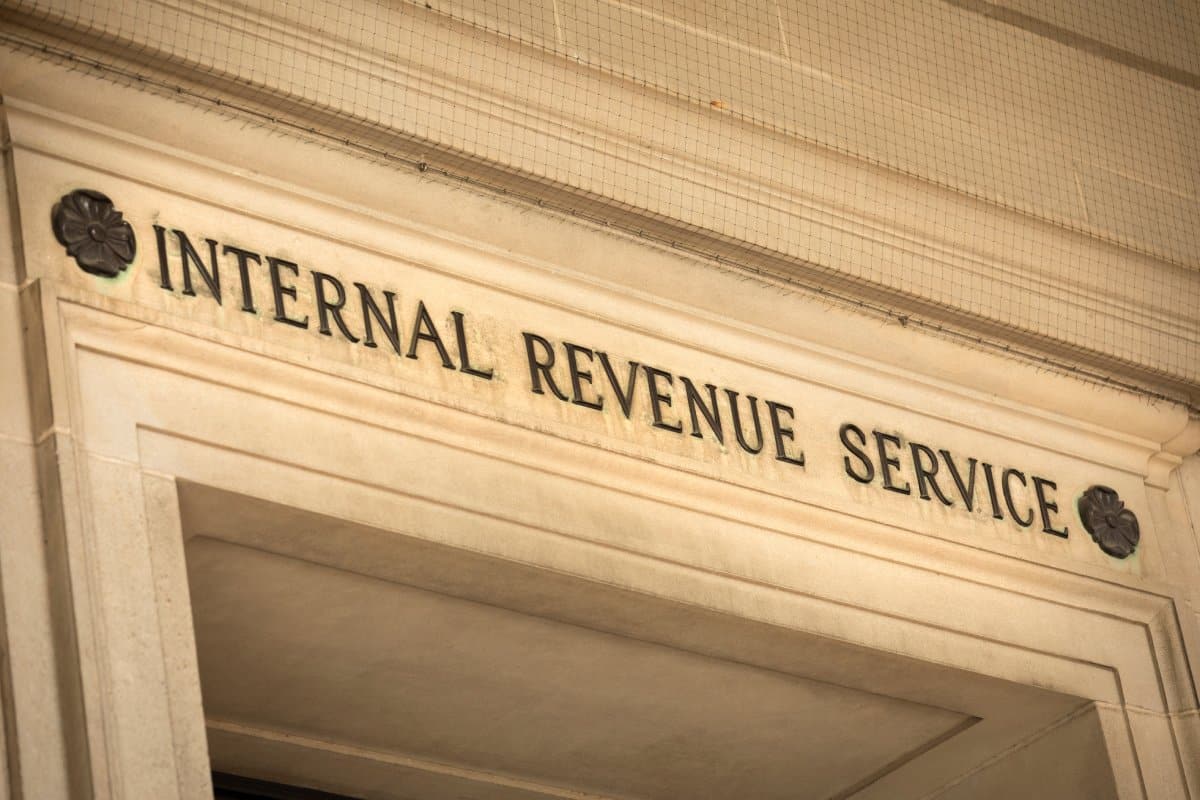Tax evasion, the act of not paying taxes that you owe, is a big problem in the United States. The people who are supposed to pay the most taxes, like millionaires and billionaires, are actually not paying their fair share. In fact, they’re avoiding over $150 billion in taxes every year, according to the head of the Internal Revenue Service (IRS).
IRS’s Aggressive Anti-Tax Evasion Mission Unveiled
Fueled by a substantial injection of funding from Congress, the IRS has embarked on an ambitious mission to tackle tax evasion head-on.
In an interview with CNBC, Commissioner Werfel detailed the IRS’s aggressive strategy, targeting the most sophisticated tax avoidance schemes employed by wealthy individuals, partnerships, and large companies.
Why does this matter to you? Well, it’s about ensuring that everyone pays their fair share and leveling the playing field. The tax gap, representing the difference between owed and paid taxes, has swelled to $150 billion due to the failure of some millionaires and billionaires to file their taxes accurately or, in some cases, not at all.
Werfel explained that for a long time, the IRS didn’t have enough money to hire enough people or buy the right technology to catch rich people who were cheating on their taxes. That meant that while more and more rich people were making money, fewer and fewer of them were getting audited.
Audits on High-Earning Taxpayers Plummet
Years of insufficient funding starved the IRS of the resources needed to conduct comprehensive audits, especially on the most complex returns. Shockingly, audits of taxpayers making over $1 million annually plummeted by more than 80% over the last decade, even as the number of these high-earning individuals soared by 50%.
But now, with the extra funding from Congress, the IRS is stepping up its game.
They’re focusing on the tax returns that are the most complicated and the ones that seem like they might be trying to cheat on their taxes.
Leveraging Technology
They’re also using new tools, like artificial intelligence (AI), to help them find patterns and catch people who are breaking the rules. Commissioner Werfel stressed the urgent need to invest in the IRS to ensure that it can determine tax liabilities accurately, regardless of the filer’s financial complexity.
The goal is to establish a fairer tax system where both a simple filer, taking the standard deduction, and a complicated filer, with an army of lawyers and accountants, are treated equitably.
Some people in Congress, mostly Republicans, aren’t happy about all this. They say that the IRS is going too far and that the extra audits will make it harder for small businesses to do their taxes and might not even bring in the extra money they’re hoping for.
But the Treasury Department, which oversees the IRS, says that cracking down on tax evasion will actually bring in a lot of extra money – over $500 billion in the next decade.
IRS’s Success Stories
The IRS says that for every extra dollar they spend on enforcement, they get about $6 back in unpaid taxes. The IRS has already started going after some of the richest people in the country who haven’t been paying their fair share.
They found over 1,600 millionaires who owed at least $250,000 each in unpaid taxes, and they’ve already collected over $480 million from them. And they’re not done yet – they’re still going after more people who owe money.
One way they’re catching tax cheats is by looking at people who own private jets. They’re suspected of underreporting personal travel expenses and using public databases and analytics tools to initiate audits.
They’re also looking into limited partnerships, as some rich people have been using these partnerships to hide their income and avoid paying taxes. The Large Partnership Compliance program has been launched to examine some of the largest and most complex partnership returns, including those from hedge funds, real estate investment partnerships, and major law firms.
AI’s Role
They’re using AI to help them find which partnerships are most likely to be cheating on their taxes, which Werfel compared to “night vision goggles,” helping to enhance their precision in detecting tax evasion and errors.
So, what does this mean for the average taxpayer? As the IRS ramps up efforts to combat tax evasion among the wealthy, the hope is that the newfound resources and technological capabilities will usher in an era of increased fairness and accountability within the tax system.
While the fate of these initiatives remains uncertain, the implications for your purse and the broader economic landscape could be significant.
The post IRS Targets Billionaires’ $150 Billion Tax Evasion Scheme first appeared on Swift Feed.
Featured Image Credit: Shutterstock / AevanStock.

